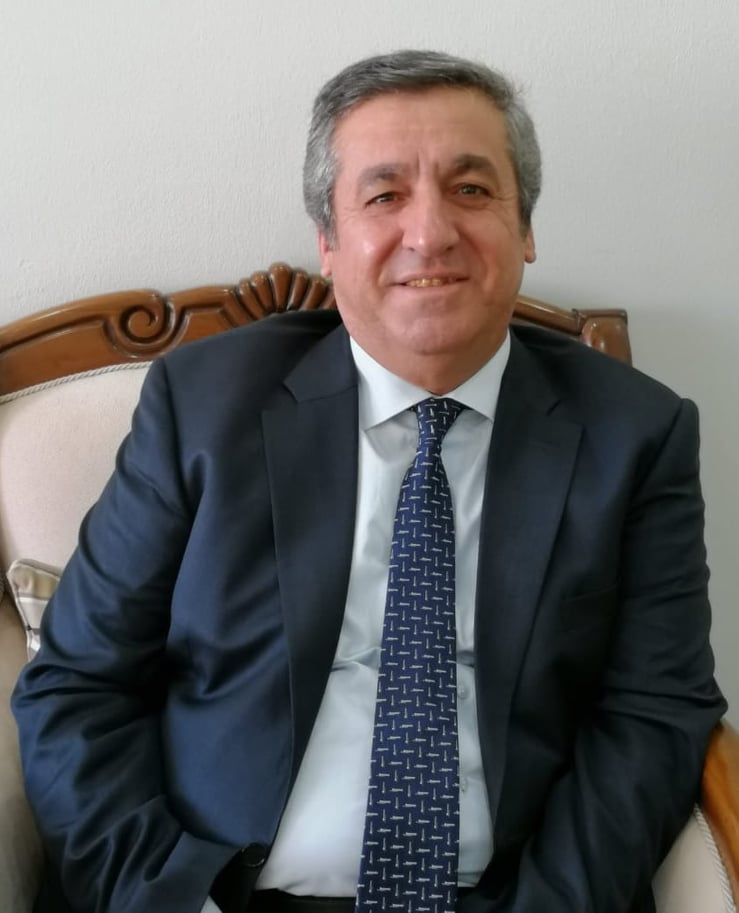
Love: A Feeling That Grows Through Understanding
Love… a state of being that often fades with time, frequently trapped in words, yet at its core the deepest need of the human soul.
Love is not merely a feeling; it is the essence of the most authentic relationship one can form with oneself and with others. It is nourished through confrontation, deepens through acceptance, and becomes real only through sincerity.
Love demands a maskless connection. Those who lack the courage to know themselves, who avoid facing the darkness within, cannot truly perceive the light in others. Love asks us first to turn inward. Without honestly confronting our own vulnerabilities, fears, and mistakes, we cannot reach true understanding, nor establish a genuine bond. Confrontation is the first moment we begin to respect ourselves.
Indeed, love must first reside within. Before it reaches another, it must take root in our own being. Self-love is the capacity to value one’s existence and to stand in one’s inner world with compassionate, nonjudgmental awareness. This inner resource forms the foundation for outward, authentic love. Until we are at peace with love within ourselves, the love we extend to others remains incomplete and fragile.
Next comes acceptance: the ability to see what is, without judgment or attempts to change it. Until we learn to accept the contradictions and incompleteness within ourselves, we cannot tolerate the imperfections of others. Yet love resides precisely here: in connecting with the imperfect, in loving the incomplete without judgment.
Acceptance is the first step toward compassionate awareness. Without awareness, love remains only intention.
No bond is authentic without sincerity. When our inner and outer selves are misaligned, love becomes mere performance. Genuine relationships, however, are built on openness, honesty, and trust. When we can present ourselves as we are and allow others to exist as they are, true contact occurs.
Love is the fruit of this contact. It is a simplicity that reveals itself.
Saint Paul’s words offer a timeless and poignant expression of this truth:
"Though I speak in the tongues of men and of angels, but have not love, I am as sounding brass or a clanging cymbal. And though I have the gift of prophecy, and understand all mysteries and all knowledge, and though I have all faith, so that I could remove mountains, but have not love, I am nothing." (1 Corinthians 13:1–2)
These words remind us that external achievements, lofty speeches, and daily rituals lose their meaning in the shadow of lovelessness. Love cannot reside in form without essence. A ritual devoid of soul becomes an act without meaning.
Saint Paul continues to define love:
"Love is patient, love is kind. It does not envy, it does not boast, it is not proud. It does not dishonour others, it is not self-seeking, it is not easily angered, it keeps no record of wrongs. Love does not delight in evil but rejoices with the truth. It always protects, always trusts, always hopes, always perseveres." (1 Corinthians 13:4–7)
This definition shows that love embodies both justice and compassion. It is strong without being harsh, authentic without being controlling. Love is simultaneously gentle and resilient. It can exist in a glance, a silence, or a moment of attentive listening, provided these gestures carry honesty and acceptance.
True love is an inner discipline, a moral responsibility, and a spiritual openness. Without honesty with ourselves, we cannot make room for genuine presence with another. Yet through confrontation, acceptance, and sincerity, our reach toward others becomes most authentic. Then, love is not an action—it is a state. It becomes our very being.
We come into the world not merely to be understood, but to understand, to connect, and to transform together. And this connection can only be established through love.
The most fundamental purpose of human existence is to learn and to understand—ourselves and others.
For without understanding, we cannot truly know. Without knowing, we cannot love. Without love, no bond can endure or remain authentic.
True love is possible only through awareness, a mind seeking self-knowledge, and a heart free from judgment. Only then can we cultivate deep, honest, and transformative connections with both ourselves and others.
Yusuf Beğtaş
You can also send us an email to karyohliso@gmail.com
Leave a Comment